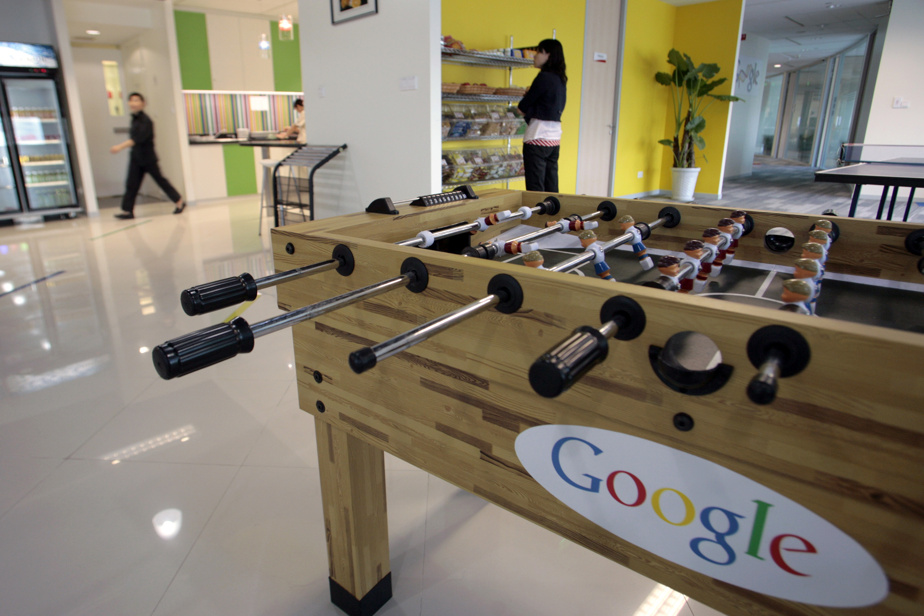Role-playing games, ping-pong tables, colorful slides, paintball games in office corridors: in just a few years, games have invaded professional spaces. “Has the seriousness of the work given way to playful futility? », asks Stéphane Le Lay. Investigation into the motors and playful springs which are at the basis of this distractive management.
To the English term gamification which designates “the process of transforming an activity or a task into a game or something resembling a game”, the author prefers the verb play, which encompasses a set of activities of a playful nature and which refers to a modality of action. If the idea of introducing a spirit of play is not new, its wide spread is more recent. How can we explain that games – these activities relating to childhood, futility and simple entertainment – have risen to the level of occupations capable of seriously influencing professional activities?
So it became common to play at work. The reasons are multiple: to better overcome difficulties, to relax after a period of high concentration, to unite a team, to form internal cohesion, to facilitate creativity.
But beyond all these reasons, the author detects another motive: “It is not uncommon for these apparently light, innocuous practices to be implemented in work organizations where cooperative relationships suffer, in reality , competitive pressure between workers (whether to obtain better positions, more interesting projects or larger bonuses). »
All in all, wouldn’t playing and working amount to transforming work (and its struggles) into a “competitive game” stimulating the spirit of competition while lowering both psychological and social tension?
Like on a playing field where a form of competition takes place, employees win bonuses (rewards) and receive rewards (victories) at work. According to the author, this is nothing less than a calculated exploitation of the mechanisms of the game for the benefit of the employer.
“This art of governing through the handling of entertainment and diversion involves the establishment of devices using the mechanisms specific to the game with the aim of making participation in activities more “innocuous”, even if these include many potentially destabilizing sources of suffering for workers,” he believes.
What about serious games? Under the guise of the game, the final issue always remains victory and not cooperation, as Stéphane Le Lay explains. The spirit of this game would only be a product of a neoliberal philosophy where “the individual is thought of as a homo clausus (according to the expression of Norbert Elias), a rational actor closed in on himself and preoccupied solely with by satisfying his need for victory over others, a sign of his ability to constantly adapt to changes in order to remain the best.”
To the wise (and playful), this is an invitation to think rather than play!
